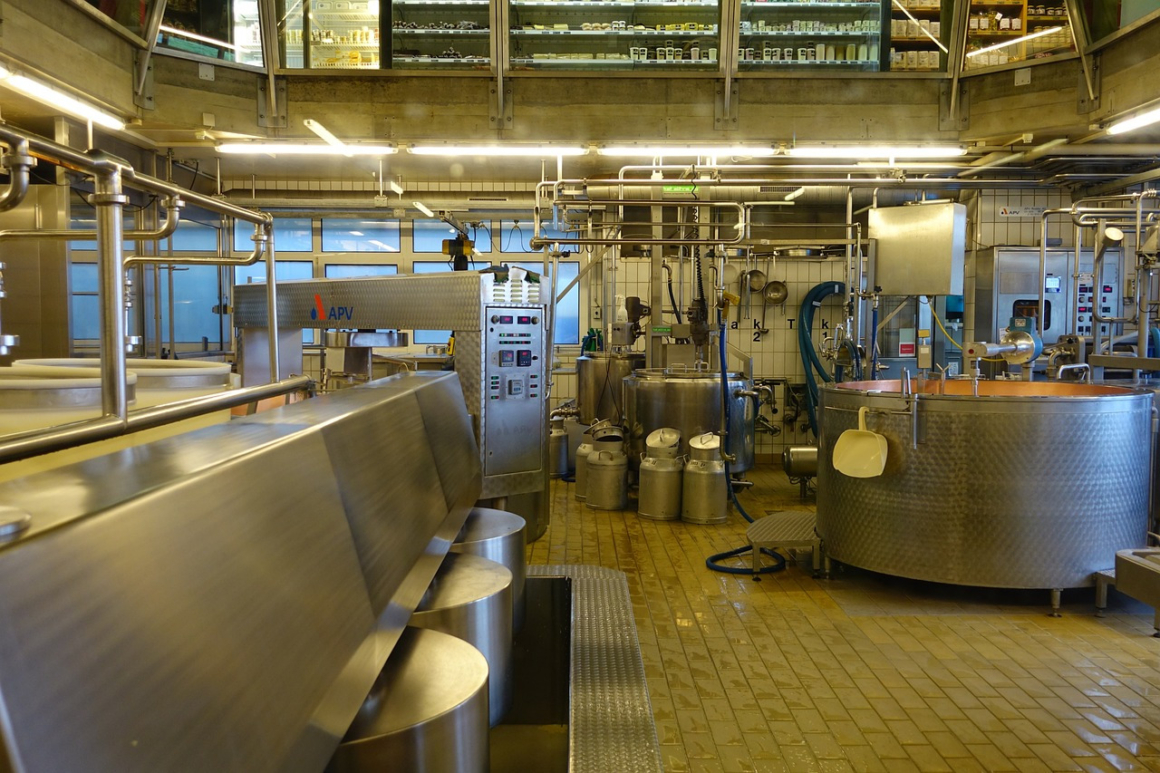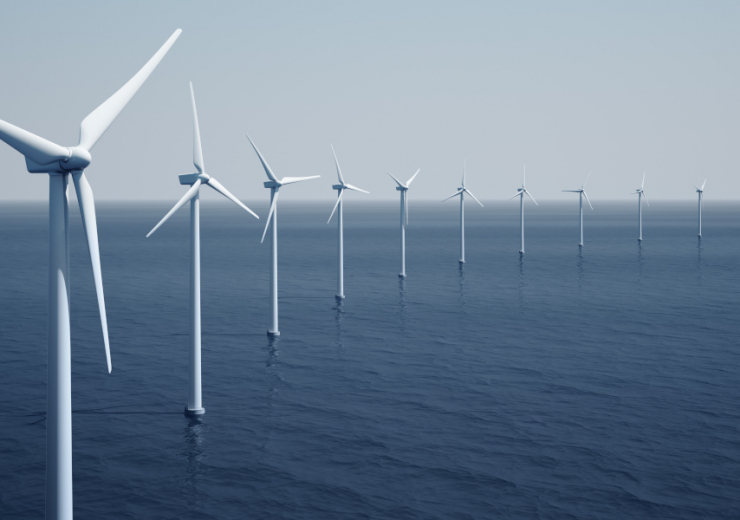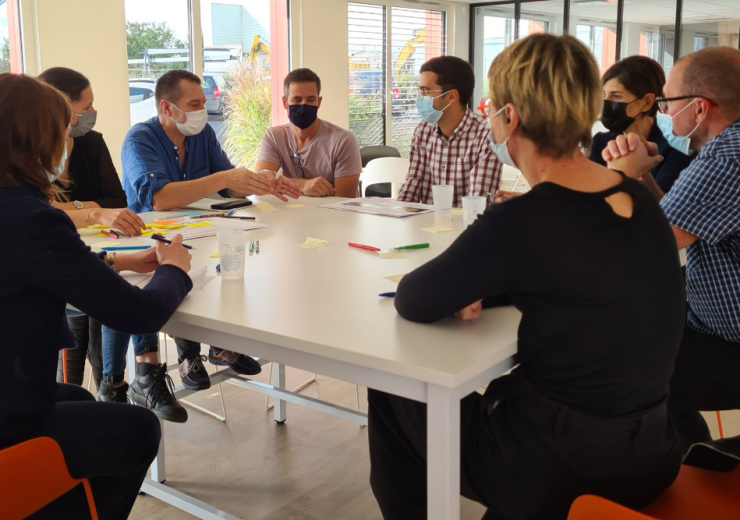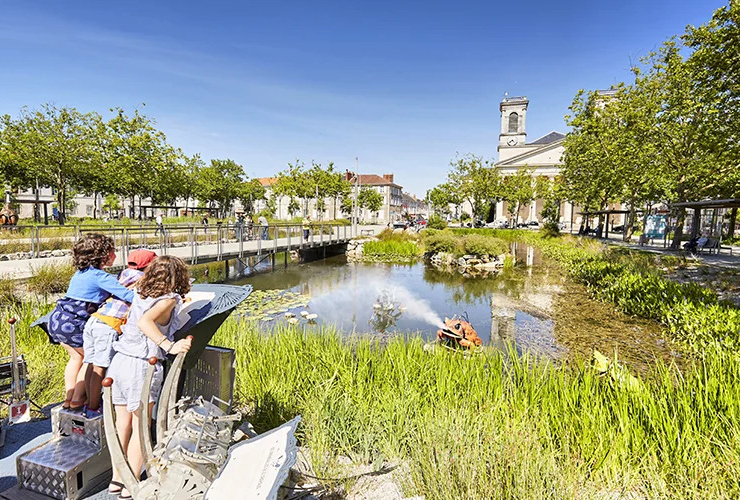The food industry stands as a key pillar in Atlantic France, with significant figures to back up its importance. The food and agri-food sectors employ 24% of the region’s workforce and play a vital role in the local economy, providing great business opportunities. In recent months, six major investments have been made by players in the sector.
With 775 companies and 51,400 jobs in the agrifood sector, Atlantic France ranks first in France for beef production, second for pork and poultry production and there are also 26,400 jobs in agriculture.
These favourable conditions have attracted significant investment projects in the region, which are driving innovation, especially in areas such as nutrition for health and wellness. The food and agrifood sectors also open the door to smart manufacturing, industrial automation, and digital transformation.
The Laita de Ancenis cheese dairy: modernisation and diversification
The Laita de Ancenis cheese dairy has undertaken an ambitious investment programme, allocating €8 million over three years to improve its production capacity and diversify its product range. With 220 employees, the factory produces approximately 22,000 tonnes of soft cheeses per year in three separate workshops. The investment includes the conversion of facilities from large- to small-format cheeses, which involves the renovation of packaging lines. €1 million has been spent on the acquisition of a robot to reduce the monotony of tasks and the creation of plans to mechanise the packing and palletising of eight packaging lines. This approach has not only improved efficiency but has also led to a remarkable 10% reduction in the dairy’s carbon footprint over two years.
CNG Emballages: expansion and diversification in North America
Specialising in the extrusion of plastic netting, CNG Emballages is investing €4 million to increase its production capacity and expand into the North American seafood market. The company, based near Cholet, will start expanding its plant in Maziéres-en-Mauges to gain 2500 sqm and benefit from new production equipment. This expansion, set to be operational by the end of 2024, will support the company’s entry into the North American market, especially in the production of oyster bags.
Havea: innovation in Montaigu-Vendée
Havea, a specialist in cosmetics and food supplements, is investing €5 million in a production line for edible chewing gum at its Montaigu-Vendée site. This strategic investment aims to incorporate new technologies into production and diversify Havea’s product portfolio. The company was acquired in October 2022 by the British fund BC Partners with the mission of developing through external growth and clearly has a focus on innovation and the expansion of its offer, demonstrating a long-term vision in a constantly evolving market.
Yoplait: €10 million for new horizons in Le Mans
The Yoplait dairy brand, part of the Sodiaal cooperative, is investing €10 million in a new production line in Le Mans. This investment marks the launch of a range of stirred yoghurts in carton packs, a project that has required 18 months of research and development. The new line will be operational in 2024 and is expected to contribute significantly to Yoplait’s continued growth.
Galliance: modernisation and efficiency at Ancenis
Galliance, the Terrena Group’s poultry division, has inaugurated a modern slaughterhouse in Ancenis with an investment of €43 million. This state-of-the-art facility, with a capacity of 550,000 chickens per week, receives supplies from 600 farmers within a radius of 100 km. The slaughterhouse benefits from innovations such as the use of CO2 in the anaesthesia process and advanced technologies to ensure animal welfare. Despite the challenges faced by avian influenza, Galliance is showing great resilience by modernising its facilities and improving efficiency.
Tetra Pak: sustainability at Châteaubriant
Tetra Pak is carrying out an investment project in Châteaubriant with an investment of €100 million over three years. This project includes the installation of 32 production lines for the production of closures for food packaging. The plant, which already produced 5.3 billion units in 2022, will reach 7.1 billion this year and 9.5 billion in 2024. In addition to expansion, Tetra Pak is taking steps to reduce its environmental footprint, such as the use of more efficient hybrid presses and cooling systems that reduce CO2 emissions.


 日本語
日本語  Français
Français 



